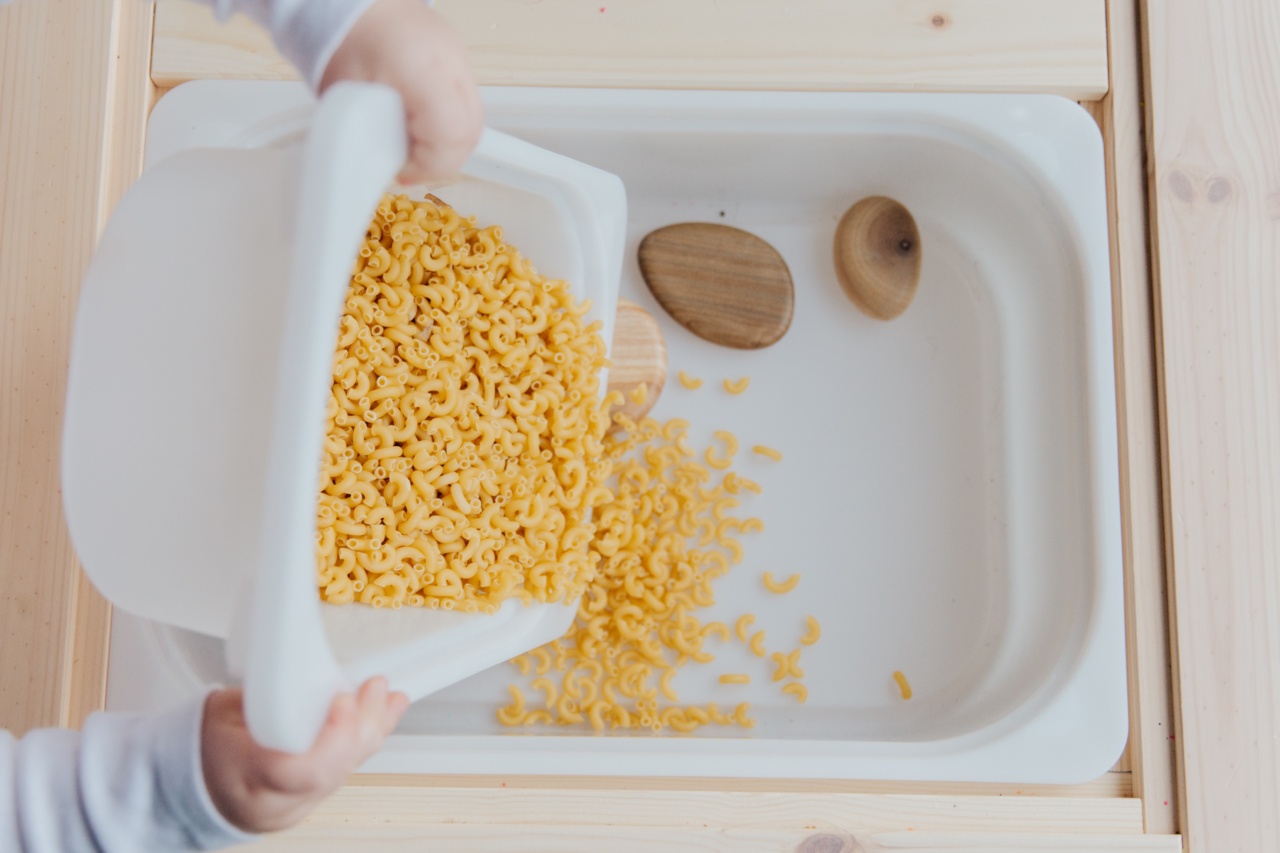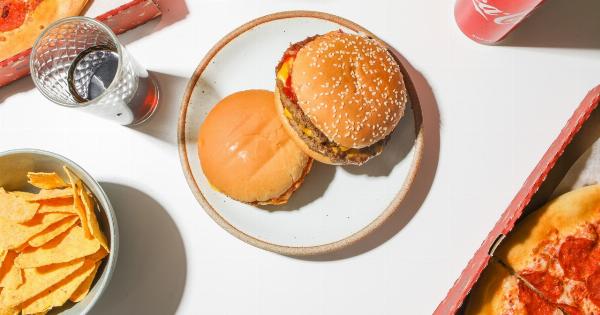Bowel cancer is a type of cancer that begins in the large intestine (colon) or rectum.
It is one of the most prevalent types of cancers worldwide and is actively being researched by scientists to determine its causes as well as the factors contributing to the disease. One of the crucial aspects of preventing bowel cancer is considering the kind of foods that you consume. This article will delve into the foods that contribute to the development of bowel cancer.
Processed meats
Processed meats are types of meats that have undergone various preservation techniques to enhance their shelf life. These techniques include curing, smoking, salting, and the addition of chemicals.
Processed meats have been found to increase the risk of bowel cancer causing significant concern to healthcare providers. These cancer-causing substances in processed meats include N-nitroso compounds, heterocyclic amines ( HCAs), and polycyclic aromatic hydrocarbons (PAHs). If possible, limit your consumption of processed meats.
Examples of processed meats include; salami, sausages, hot dogs, and ham.
Red meat
Red meat, particularly beef and pork, has likewise been linked to bowel cancer due to its high concentration of protein and iron.
When consumed excessively, such levels of iron can harm the bowel lining, promoting the growth of cancer cells (particularly in the colon). The World Health Organization (WHO) suggests maintaining a red meat diet to a minimum of weekly instead of daily.
Foods high in fat
Consuming too many foods that have high-fat content could promote colorectal cancer.
People who consume high-fat food diets are more likely to develop polyps, which are small growths in the bowel lining that can eventually turn into cancerous tumors if unnoticed and untreated. Additionally, excess belly fat increases inflammation in the body – and this creates a breeding ground for cancerous cells to develop. Foods high in fat include butter, cheese, cakes, and pizza.
Alcohol
Alcohol consumption has been found to increase the risk of bowel cancer, particularly among men. When alcohol is absorbed by the body, it causes chemical reactions that prompt the formation of carcinogenic substances that can damage the bowel lining.
To lower your risk of getting bowel cancer, cut down your alcohol intake or stop drinking altogether.
Sugary foods and drinks
Eating foods and drinks with high sugar content can trigger inflammation in the body, eventually leading to cancer cell growth. A common mistake made by most people is assuming that sugar-rich foods are limited to desserts, soft drinks, or candy.
However, many foods that are not sweet, such as bread and cereals, may have added sugars to enhance their flavor. Thus, it is essential to check the label and watch your intake of added sugars and sweetened beverages unless you want to increase your bowel cancer risk.
Low fiber foods
Fiber is essential in your diet as it keeps your bowel healthy by promoting efficient movement of wastes through the digestive system. Eating low fiber diets slows down bowel movement hence increasing your risk of bowel cancer.
Low fiber foods are mainly processed foods such as white bread, fatty snacks, and junk food. Individuals should aim to consume at least 30 grams of fiber a day from fruits, vegetables, and whole grains.
Low Calcium foods
Calcium is another essential micronutrient for a healthy bowel. Not consuming enough calcium may contribute to the formation of polyps that could eventually lead to cancer. Examples of calcium-rich foods include milk, yogurt, and cheese.
Consuming three servings of calcium-rich foods ( in recommended quantities) every day is enough to support a healthy bowel.
Smoked and pickled foods
Smoked and pickled food preservation techniques can create chemical reactions that increase the risk of bowel cancer. Pickled foods contain nitrites that can convert to nitrosamines, which are known carcinogens.
Similarly, smoked foods contain chemicals called polycyclic aromatic hydrocarbons (PAHs) that lead to cancerous growth in the colon and rectum. Consider switching to fresh food alternatives as much as possible.
Conclusion
In conclusion, understanding the role of food in increasing the risk of developing bowel cancer is vital in preventing the disease.
Choose your diets wisely and make sure to limit the consumption of processed meats, red meat, high-fat, and sugar-rich foods. Increase your fiber and calcium intake and avoid processed foods like smoked and pickled food. Finally, if you consume alcohol, keep your intake to a minimum.





























